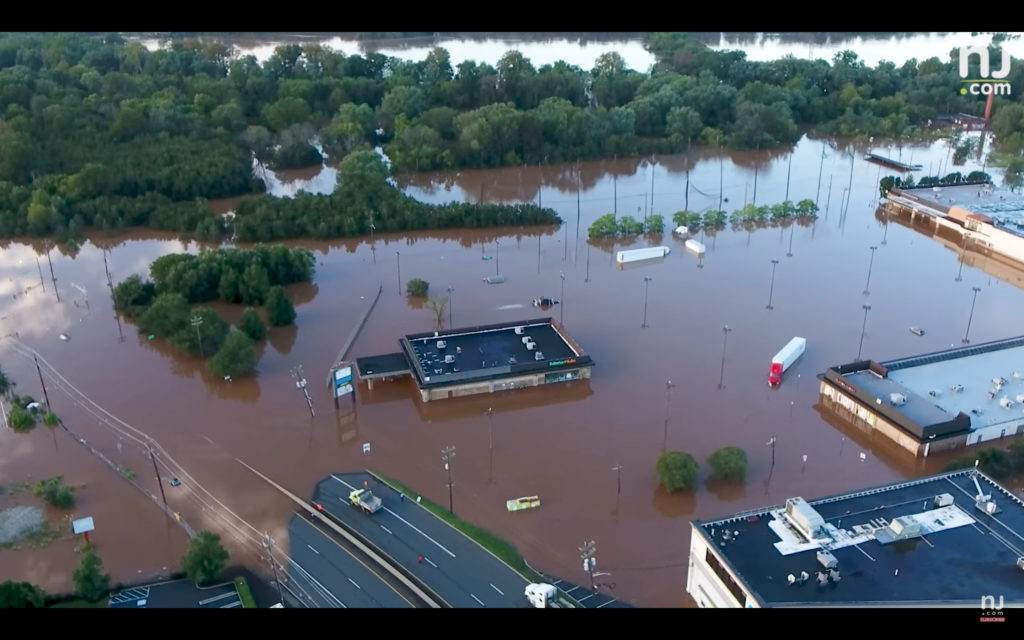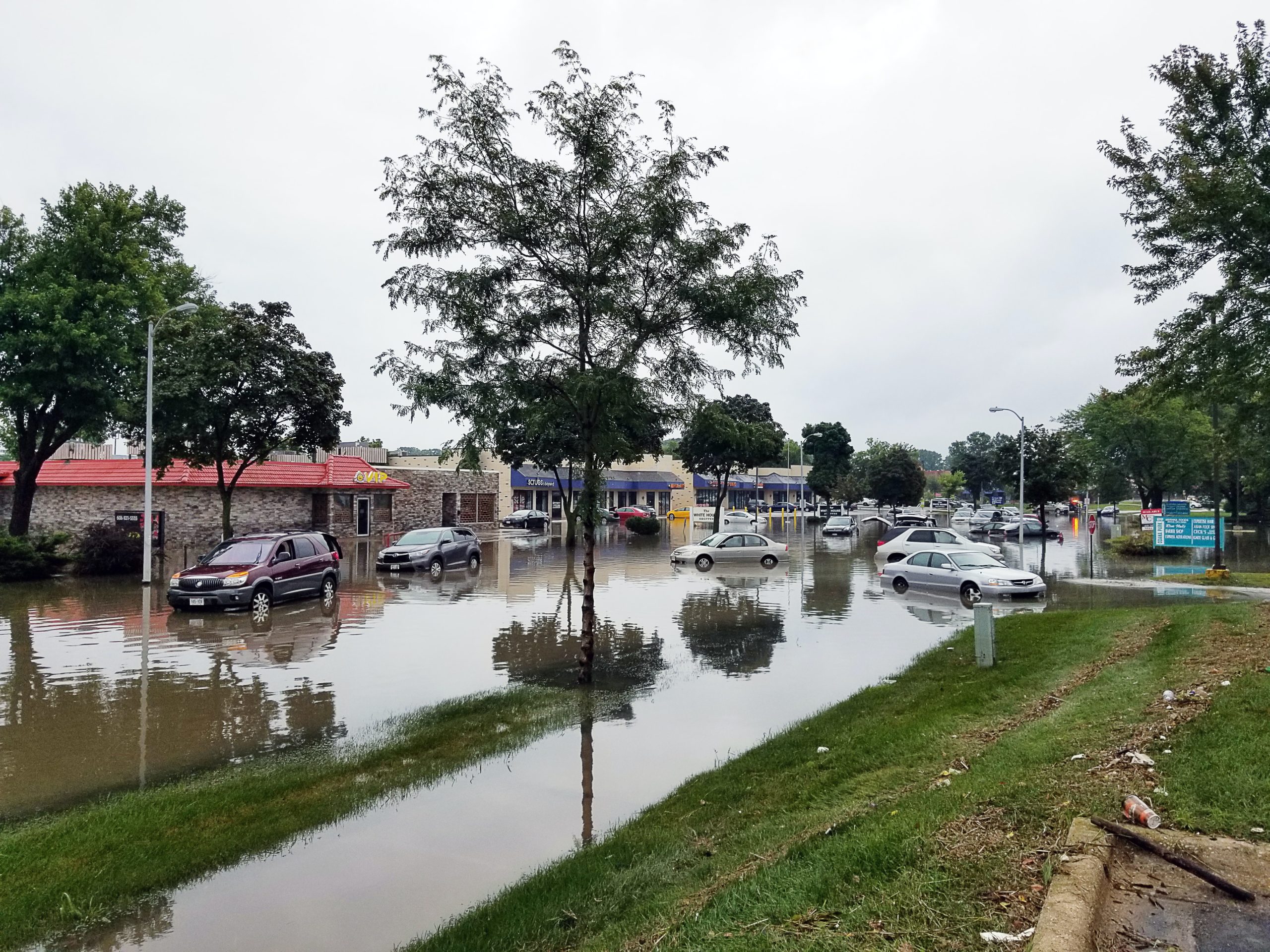It took the force of a hurricane to show communities across New Jersey the impact of the state’s lack of affordable housing.
Last summer, Hurricane Ida’s path stretched from the Gulf Coast to New England, destroying countless homes and businesses along the way. The city of Elizabeth, NJ, home to Family Promise Union County (FPUC), Family Promise’s flagship program, was among the communities that were hardest hit by the storm. Close to 600 families were displaced, including hundreds who lived adjacent to FPUC’s day center, which was also damaged beyond repair.

Photo credit: nj.com
Through it all, Family Promise has been like the eye of the storm, a calm center that families in crisis have been able to depend on. Despite its own irreparable losses due to Hurricane Ida, FPUC immediately stepped in to assist many of the impacted families with shelter and shelter diversion services.
Although Union County and the city of Elizabeth temporarily put up some families in a local hotel and offered others housing subsidies, many families remain without a home more than six months later because with New Jersey’s affordable housing shortage, there are no local units available. Community Investment Strategies, the developer who built the apartment complex near FPUC, has relocated some families to other parts of the state – wherever they could find affordable housing – however, that solution has created its own set of complications. Families who move typically leave jobs, schools, family, and friends, and for those without a car, transportation can become an issue.
Some of the people FPUC has been working with include refugee families, who face their own set of challenges amidst this crisis.
For example, Mohammed and his family lost their home to Hurricane Ida and entered the FPUC shelter program. Family Promise has provided translation services to ensure the family clearly understands their situation and is helping them navigate options, and volunteers have donated meals, food, and gift cards. The family would like to find another home in what has become their hometown; the problem is, there’s nowhere for them to go.
“People don’t think about the long-lasting effects of being displaced from your home after a natural disaster like this,” says FPUC Executive Director Geleen Donovan. “Initially, people were rescued – right after the storm – but now where do they go?”
Mohammed and his family may have fled from another country, but Donovan refers to all the families affected by Hurricane Ida as “refugees.”
“They’re housing refugees,” she says, noting that New Jersey isn’t alone in its shortage of affordable housing. “The affordable housing shortage means there isn’t anywhere for families like this to go. The lack of affordable housing, coupled with a natural disaster, causes housing refugees.”
In a case like this, Family Promise is often a last resort. After government funds and agencies have provided whatever support they can, people turn to programs like Family Promise. But despite the range of supports Family Promise can offer families battling homelessness, they can only work with the materials available…and when a community lacks affordable housing, the support only goes so far.
“We’re here for these families,” says Donovan. “But there’s only so much we can do when the community – let alone the country – doesn’t have the inventory to house them. This situation simply illuminates how we as a country haven’t heeded the warnings of the affordable housing crisis.”


